Like Thatcher, Truss wants radical change – but could she avoid a crisis?
In Britain, the year 1976 was marked by three big events – a summer heatwave, a change of prime minister and a sterling crisis. In 2022, we have had the first and will soon get the second. Few would be entirely surprised if the third arrived by the end of the year.
As has been the case this year, in the summer of 1976 people enjoyed the sunshine and seemed not to care much about high inflation. According to a 2004 report from the New Economics Foundation thinktank, the UK has never been happier than it was in the year when Denis Howell was made the drought minister, Concorde made its first commercial flight and the Sex Pistols released Anarchy in the UK.
However, as the year wore on, the economic problems intensified. James Callaghan, who had taken over as prime minister from Harold Wilson in April, was forced to go to the International Monetary Fund for financial support. An IMF team spent the autumn coming up with a package that involved painful spending cuts. The diaries of Tony Benn, the then energy minister, reveal how split the cabinet was between those who reluctantly supported austerity and those – such as Benn – who thought Britain should try to grow its way out of trouble.
The UK is now less than a month away from getting a new prime minister and for either Rishi Sunak or Liz Truss the challenge looks as daunting as it did for Callaghan. The economy contracted by 0.1% in the second quarter of 2022, which was actually slightly better than expected, but the growth figures do not really capture the fundamental weakness of the economy. A better guide to that are the trade figures, which are truly appalling. As Samuel Tombs, a UK economist at Pantheon Macroeconomics, pointed out, the trade deficit expressed as a
Read more on theguardian.com


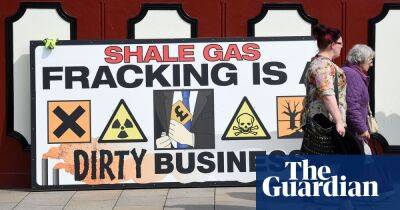

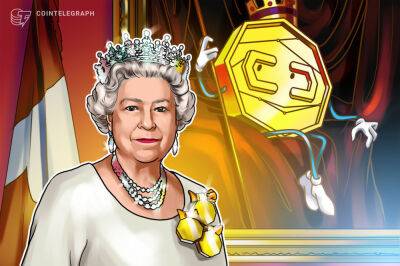


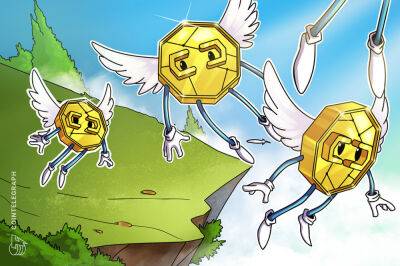
![Polygon [MATIC] goes green but will the price follow suit](https://finance-news.co/storage/thumbs_400/img/2022/9/9/40180_qnfb.jpg)

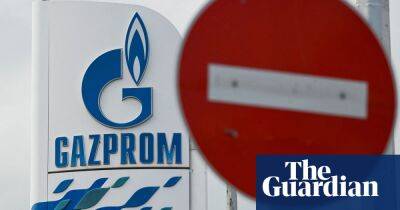
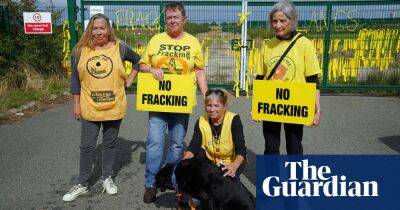
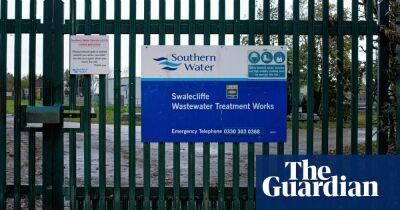







![Bitcoin [BTC] sweeps July lows; is a recovery around the corner](https://finance-news.co/storage/thumbs_400/img/2022/9/9/40168_bhn.jpg)


